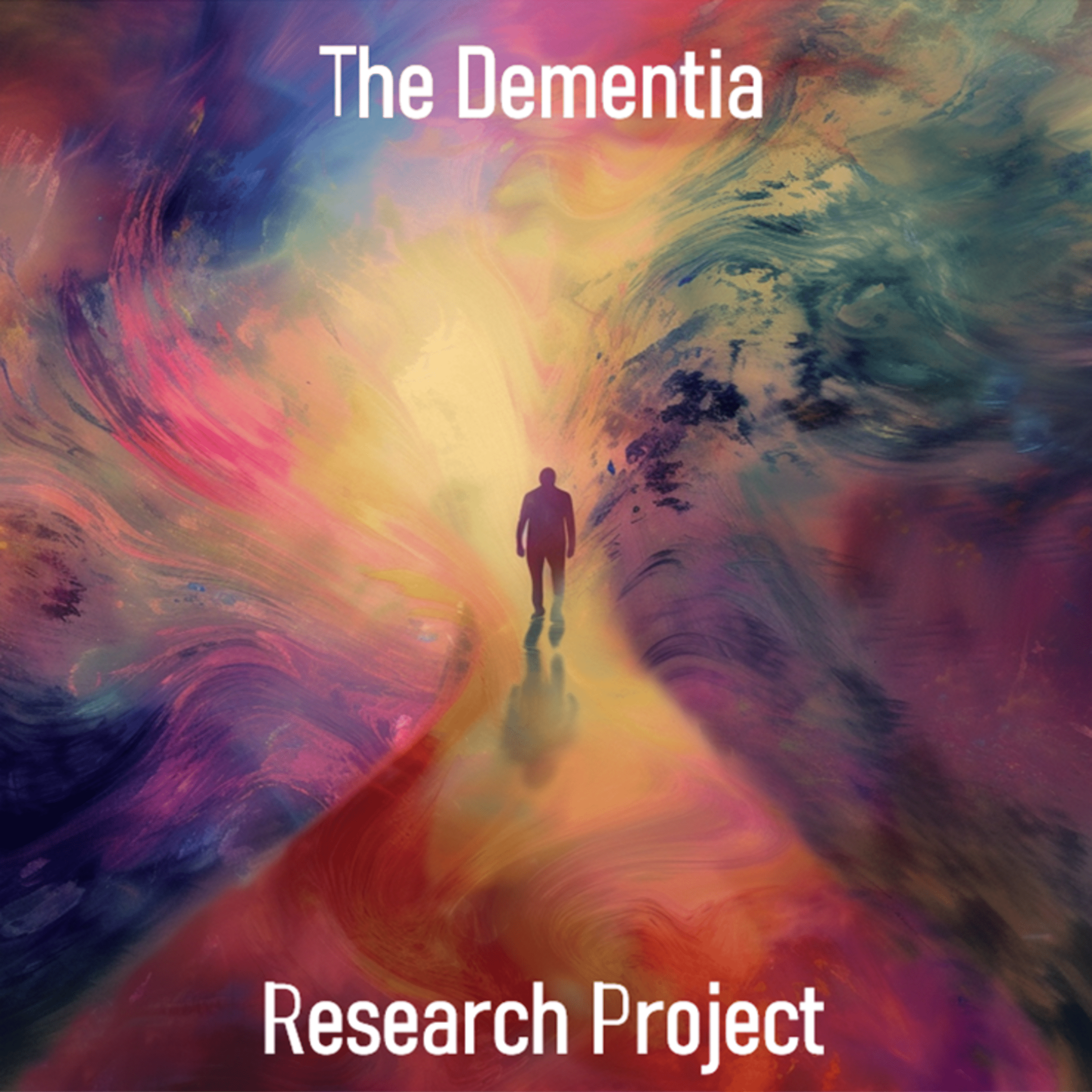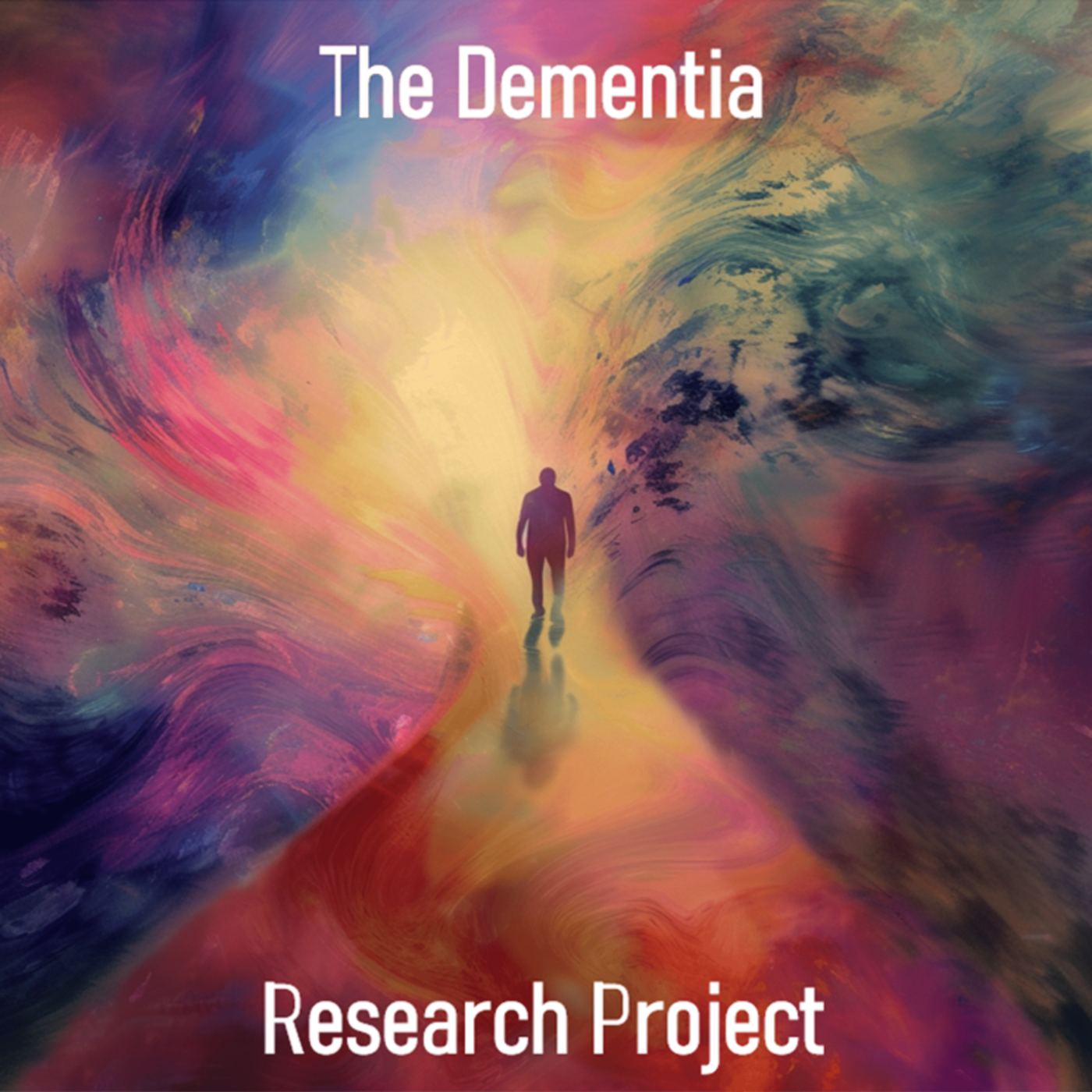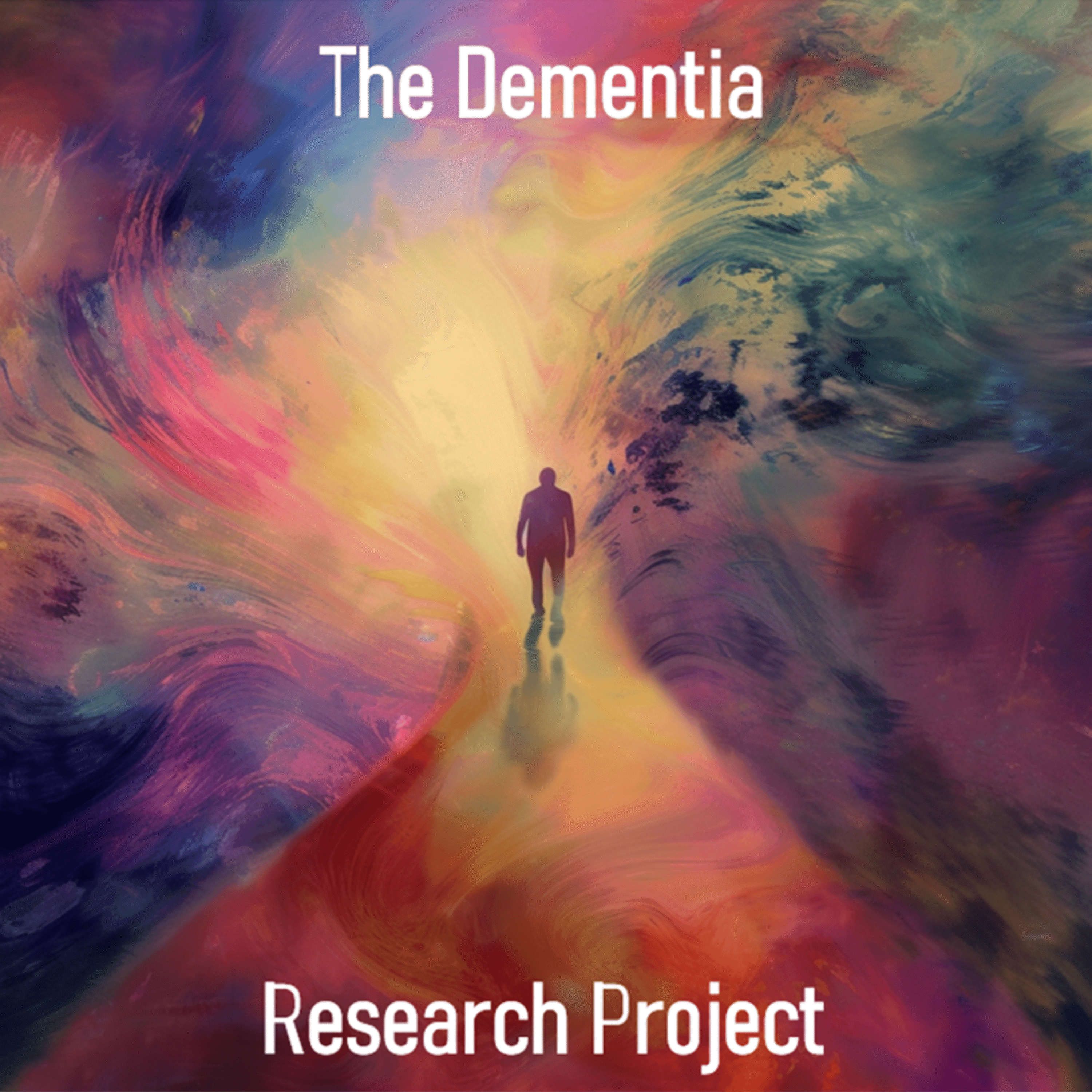Dr Margaret Pozzebon is a speech pathologist with extensive experience in the clinical evaluation, therapeutic intervention, and practical management of adults with diagnosed with various rarer forms of dementia: such as primary progressive aphasia, frontotemporal dementia, Parkinson’s-plus conditions, and Alzheimer’s Disease. She works with clients and their families from early diagnosis through to the advanced phases of their illness. Margaret’s interest in understanding the specific needs of people living with complex and atypical forms of dementia led her to pursue a PhD in the lived experience of dementia, specifically primary progressive aphasia. She strives to enable people living with neurodegenerative conditions and other forms of brain conditions to live their best life despite the illness challenges.
You can visit her website here: https://www.drmargaretpozzebon.com.au/
Stay tuned for more dementia related explorations, breakdowns and interviews- please follow the Dementia Research Project wherever you listen to podcasts!
Here's some additional learning resources Dr Margaret has kindly shared;
Primary Progressive Aphasia explainer:
Some people are diagnosed with a rare group of language-based dementia's known as Primary Progressive Aphasia (PPA). People with PPA and their families they require education to better understand PPA, support post diagnosis, and a more centralised point of care.
https://www.youtube.com/watch?v=0fPT34jGWNk
Helpful Website for Educational Resources about Dementia
Rare Dementia Support offers specialist social, emotional and practical support services for individuals living with, or affected by, a rare dementia diagnosis. Their vision is for all individuals with, at risk of or supporting someone with one of these forms of dementia to have access to information, tailored support and guidance, and contact with others affected by similar conditions. For more information about the rare dementia diagnoses we currently support, please click on the link below.
Frontotemporal dementia (FTD) is a rare form of dementia, accounting for around 10% of dementia diagnoses. It often occurs between 45 and 65 years of age but can be seen in older and younger people. It can be difficult to diagnose, with accurate diagnosis often taking several years. This organisation provides helpful advice and resources to people living with these conditions. Clip on the website below for more details.
‘Dementia Support Australia’ is the national peak body for people living with dementia, their families and carers. They provide a range of information, education and supportive services. They provide supportive services to help deal with carer stress from via the National Dementia Helpline 1800 100 500 or via online portal at www.dementia.org.au.

Linda Sommerlade serves as the Head of Operations at GT Diagnostics, a collaboration between Genting Berhad, a Malaysian company, and TauRx Pharmaceuticals Ltd Group, ...

Bruce Elliott is the CEO and Co-Founder of Memory Lane Games, an engagement app on a mission to improve the quality of life of...

In this episode, I take a peek behind the ABOARD project- the nationwide public-private initiative in Netherlands which facilitates a more patient-centered approach to...